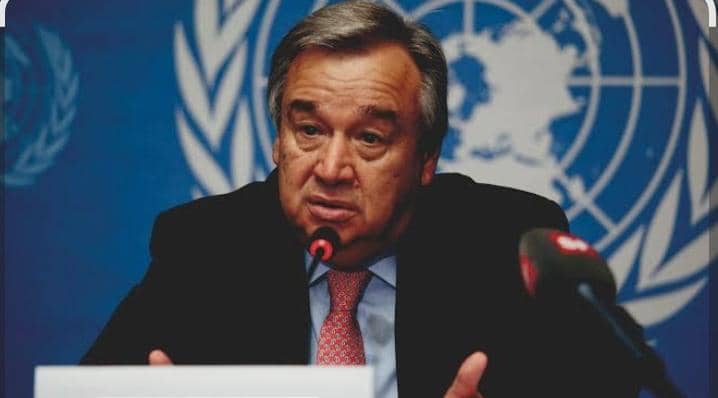BEIJING – China said yesterday it could guarantee clean air for the Olympic Games, a day after marathon record holder Haile Gebrselassie said he would not compete in the race next August because of fears about pollution in Beijing.
Zhang Lijun, deputy chief of the State Environmental Protection Administration (SEPA), said he had full confidence in anti-pollution plans drawn up for the capital and five surrounding provinces. “Our experts predicted that the standard of air quality can be guaranteed and the commitment we made could be fulfilled after this plan is realised,” he told a news conference during the annual session of China’s National People’s Congress (NPC).Ethiopia’s Gebrselassie, an asthmatic who holds the world record for the 42km distance, withdrew from the Beijing Games marathon on Monday because of fears for his health.He was the latest in a long line of athletes and officials who have expressed concern about air conditions in the city.International Olympic Committee (IOC) President Jacques Rogge said last year that events such as the marathons and distance cycling could be rescheduled if conditions were too bad.Zhang said the plan to reduce industrial pollutants in Beijing, Tianjin, Hebei, Inner Mongolia, Shanxi and Shandong was being put into action in two phases.”So far the mission of cutting down pollution and adjusting industrial structure has been largely done, and will be fully completed by the end of June,” he added.A colleague of Zhang, Wang Jian, told Reuters last month that the second phase would start with the opening of the Olympic Village on July 27 and would run until it closed after the end of the Paralympics on Sept.20.”During the Games, some areas in Beijing, Tianjin and Hebei must stop or reduce the production of some certain factories, and the other three provinces must restrict their coal-burning according to Beijing’s air quality situation,” Zhang said.The 35-year-old Gebrselassie made his decision to withdraw from the endurance event on medical advice but will attempt to qualify for the 10 000 metres, an event he won twice at past Olympics.Beijing’s Games organisers also said yesterday they were confident the contingency measures, on top of the 120 billion yuan (US$16,89 billion) of investment in environmental improvements over the last decade, would be effective.Nampa-Reuters”Our experts predicted that the standard of air quality can be guaranteed and the commitment we made could be fulfilled after this plan is realised,” he told a news conference during the annual session of China’s National People’s Congress (NPC).Ethiopia’s Gebrselassie, an asthmatic who holds the world record for the 42km distance, withdrew from the Beijing Games marathon on Monday because of fears for his health.He was the latest in a long line of athletes and officials who have expressed concern about air conditions in the city.International Olympic Committee (IOC) President Jacques Rogge said last year that events such as the marathons and distance cycling could be rescheduled if conditions were too bad.Zhang said the plan to reduce industrial pollutants in Beijing, Tianjin, Hebei, Inner Mongolia, Shanxi and Shandong was being put into action in two phases.”So far the mission of cutting down pollution and adjusting industrial structure has been largely done, and will be fully completed by the end of June,” he added.A colleague of Zhang, Wang Jian, told Reuters last month that the second phase would start with the opening of the Olympic Village on July 27 and would run until it closed after the end of the Paralympics on Sept.20.”During the Games, some areas in Beijing, Tianjin and Hebei must stop or reduce the production of some certain factories, and the other three provinces must restrict their coal-burning according to Beijing’s air quality situation,” Zhang said.The 35-year-old Gebrselassie made his decision to withdraw from the endurance event on medical advice but will attempt to qualify for the 10 000 metres, an event he won twice at past Olympics.Beijing’s Games organisers also said yesterday they were confident the contingency measures, on top of the 120 billion yuan (US$16,89 billion) of investment in environmental improvements over the last decade, would be effective.Nampa-Reuters
Stay informed with The Namibian – your source for credible journalism. Get in-depth reporting and opinions for
only N$85 a month. Invest in journalism, invest in democracy –
Subscribe Now!










